Risk of Egg Donation – Does It Harm Your Health and Fertility?
One of the most frequently asked questions among egg donors and parents is “Is there any risk of egg donation?” This is quite reasonable. Egg donors take special hormonal medications that strongly influence their health. That’s why in this post we will answer some of the most important questions and explain how the procedure works and what egg donation risks it can cause to your health and fertility.

For starters, we should assume that the egg donation procedure is really complicating from the medical standpoint. We can conditionally subdivide the risks of egg donation into several groups.
- Egg donation risks related to hormonal medication on the preparation phase.
- Risks during the eggs selection and retrieval surgery procedure.
- Long-term risks – oncology and infertility danger.
We will take a closer look at each of these phases and explain what exactly can be harmful to your health.
1. Risk of Egg Donation Hormonal Stimulation and Medication
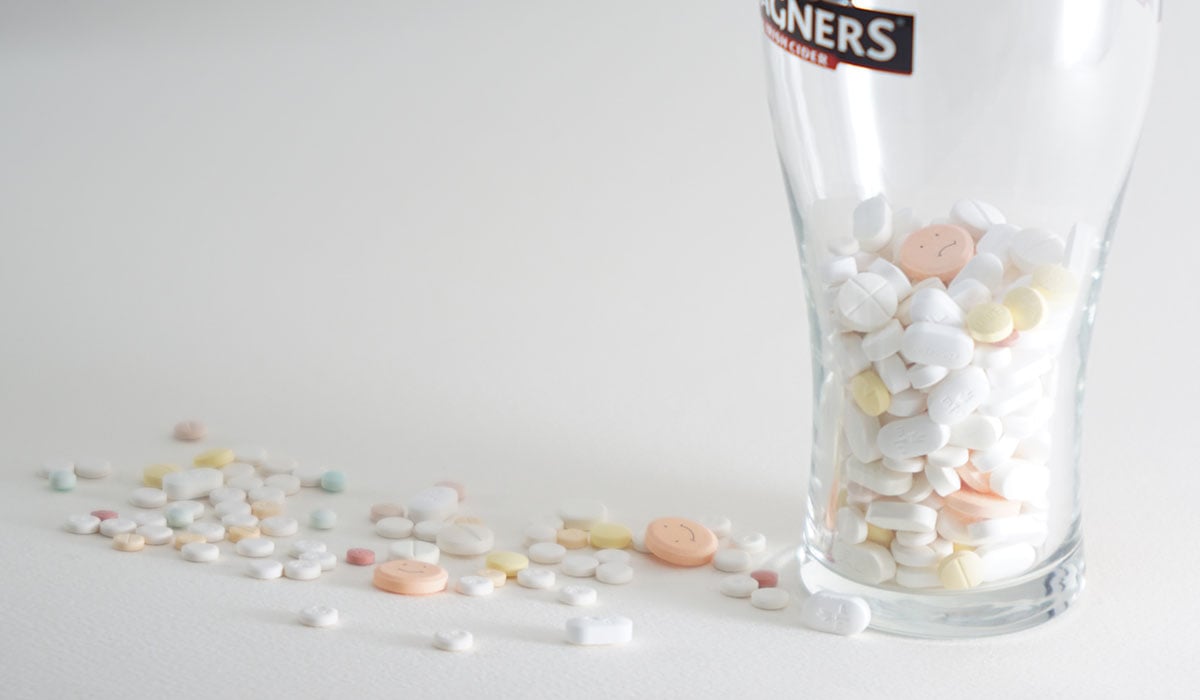
During a natural menstrual cycle, 1 egg matures in your ovaries. In contrast to the natural cycle, you need to have several mature eggs for successful egg donation. That’s why you will need to take several courses of medication, which normally takes 2-3 weeks. Those are hormones stimulating your ovaries which are taken in form of injections and pills. The injections are painless and safe, however, they can cause some side effects like:
- Bloating;
- Mood tweaks, depression;
- Headache, irritability;
- Nausea, bloating.
In general, the symptoms are similar to Premenstrual syndrome (PMS). However, most egg donors say they don’t feel any changes during the medication course.
Hormonal Drugs Side Effects
Each of the drugs you take plays important role in the Controlled Ovarian Hyperstimulation (COH). In general, three groups of hormones are used.
- Follicle stimulating hormone (FSH). It stimulates your ovaries to produce several eggs instead of one.
- Luteinizing hormone (LH). It suppresses the ovulation till the eggs are ready for retrieval.
- HCG (human chorionic gonadotropin). It causes the eggs maturation.
As soon as your ovaries respond to the medication, you can feel minor discomfort. However, if the side effects are severe, you should immediately contact the clinic`s representative. More severe side effects can be the symptoms of the Ovarian Hyperstimulation Syndrome.
Ovarian Hyperstimulation Syndrome (OHSS)
Probably one of the egg donation risks. Its main reason is the use of hormonal drugs which prompt ovaries to intensively produce progesterone and estrogen. Factors that influence the OHSS are polycystic ovarian disease, allergic reactions, genetic predisposition, etc.
Mild form symptoms are swelling, abdominal pain, overall weakness. Patients with moderate OHS can have frequent urination, pain in the lower part of the abdomen, nausea, swelling, weight gain. Patients with severe hyperstimulation have dyspnea, low blood pressure, heart arrhythmias, fever, repeated vomiting.
Sounds horrifying, doesn`t it? However, as a matter of fact, the risk of OHSS is minimal. Statistically, it is less than 0.1%. Moreover, this risk of egg donation can be minimized if you work with the professional fertility expert who makes all the necessary medical examinations. Therefore, healthy egg donors without predisposition are unlucky to face such problems.
2. Risks during Egg Retrieval
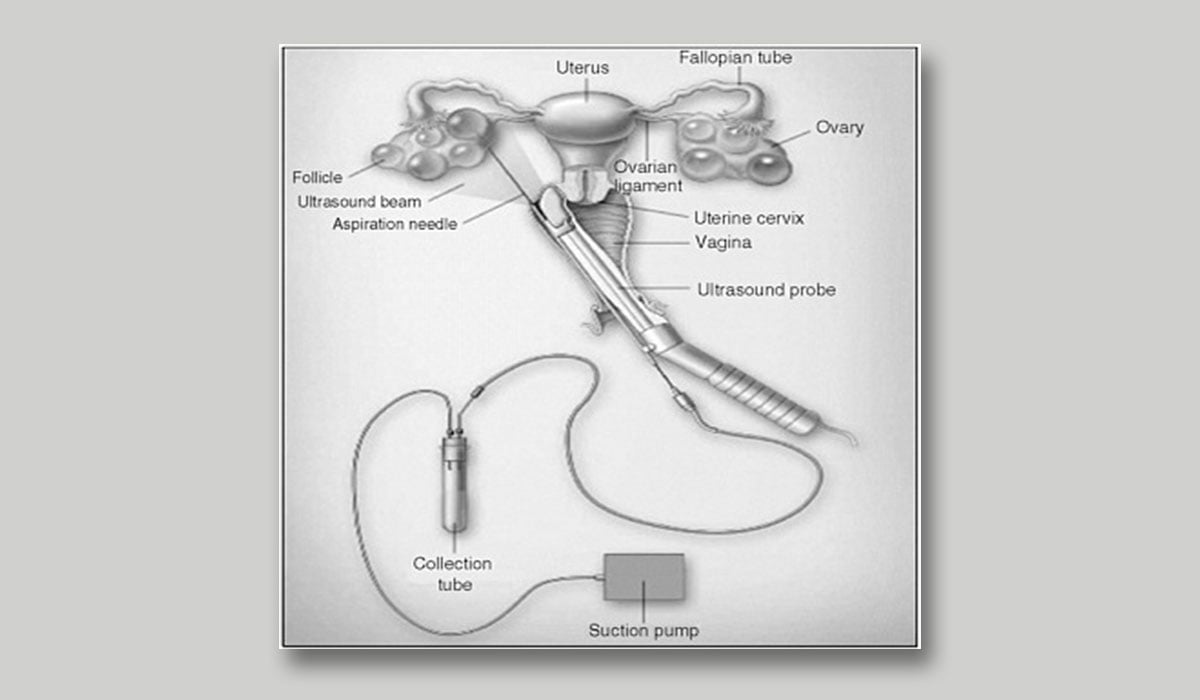
SOURCE: Steinbrook (2006), Massachusetts Medical Society.
Let’s get closer to the process of egg retrieval itself. It is a type of surgery, potentially, might be the biggest risk of egg donation. Luckily, it’s not.
The procedure itself lasts 20-30 minutes on average. The time depends on the number of follicles in the ovaries. No cuts are made and no scars remain, because the surgeon accesses the ovaries through the vaginal wall. However, the potential risks of egg donation on the retrieval phase can be divided into three groups.
Anesthesia
Before the procedure, egg donors undergo a cardiogram and consult the anesthesiologist. The specialists have to ask about possible allergies and make the necessary tests. In 99% of cases, anesthesia and sedation are intravenous and completely safe in the last few decades. The risk is not more than during a dentist visit or any other minor surgical operation.
Bleeding
The process of eggs retrieval is a surgical operation, which can rarely cause bleeding. During the operation, normal blood loss is less than a teaspoon. Eggs are taken from both ovaries with the help of a needle. Therefore, the risk of abdominal organs injury is minimal. According to the study by Dr. Murphy who has analyzed more than 380 000 retrieval surgeries, only 0.07% of women experienced vaginal or intra-abdominal bleeding during the operation.
Infection
In order to avoid infection, we prescribe antibiotics after the retrieval procedure. As a result, the probability of bleeding or infection is less than 1 per 1000 cases. Moreover, we schedule appointments for all donors in two weeks after the retrieval.
3. Long-Term Egg Donation Risks

In addition to short-term egg donation risks during the medication and egg retrieval, most women want to know what to expect in the future. There are multiple ideas and misleading information frightening thousands of women. However, we managed to find just a few proofed studies and investigation shedding light on the long-term consequences of egg donation.
To make it more comprehensive, we have made several general assumptions and some of the most frequently asked questions from our egg donors.
Is there Any Risk of Egg Donation? – Questions and Answers
Quite often, women willing to become egg donors read real horror stories about egg donation and surrogacy. In this section, we will help you to distinguish truth from fiction. Moreover, we will provide useful recommendations on how to secure your health and fertility and avoid medical complications. Let’s start with the questions asked by our egg donors.
If I donate my eggs, can I have a baby in the future?
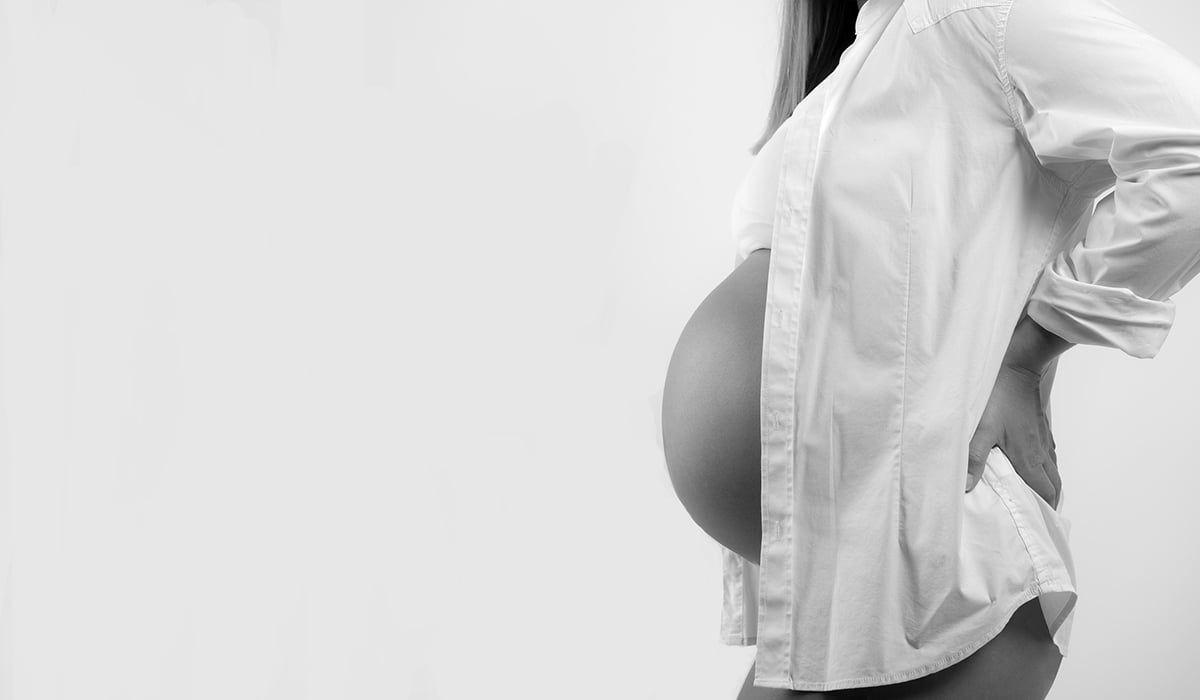
Of course, you can. Your reproductive system works like a clock. During your normal cycle on egg per month matures. In the case of egg donation, your ovaries are stimulated with medications in order to retrieve several mature eggs. However, your menstrual cycle naturally normalizes after the procedure. Therefore, you will be able to conceive a child during the next menstrual cycle in a month or so.
Egg donation does not cause infertility and does not diminish the quality of your eggs. Infertility is a complex disease with different causes. There are no studies proving the connection between egg donation and future infertility. If done right, it doesn’t make any harm to your health and does not decreases the possibility of having a child in the future.
Will I gain weight after hormonal stimulation? Does it have any side effects?
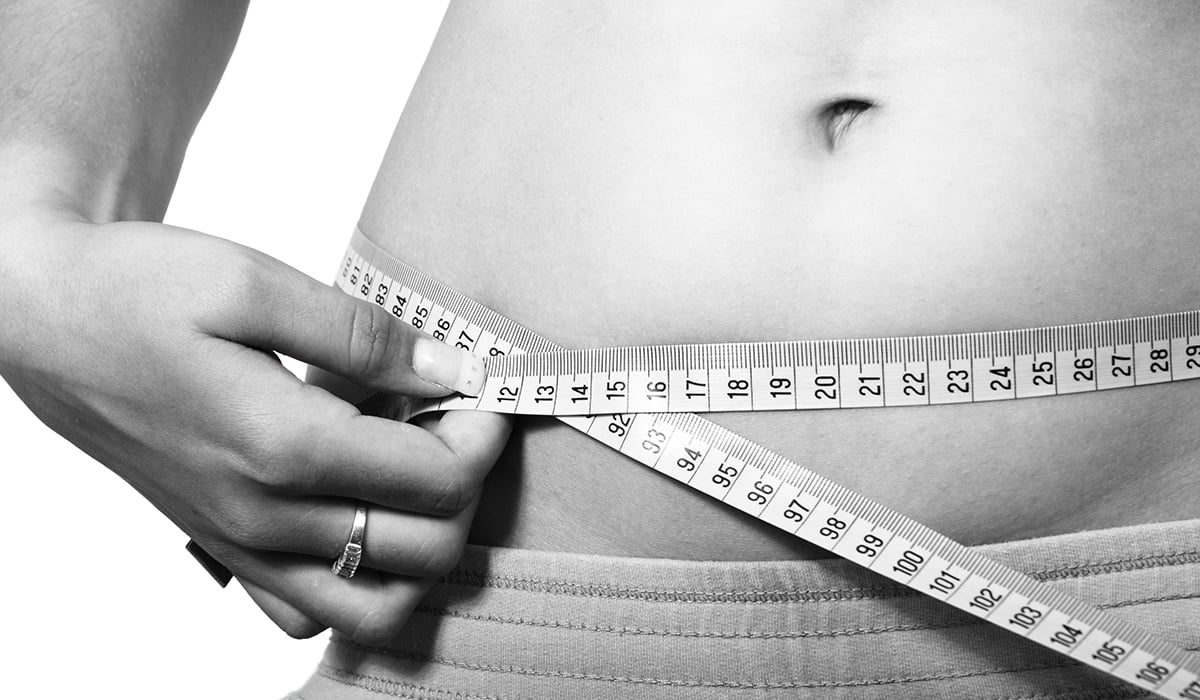
Risk of egg donation related to the hormonal stimulation worries thousands of women. Normally, donors gain weight due to personal predispositions. Some women don’t gain any extra pounds at all. In any case, it is temporary and the weight becomes normal till the next cycle.
There is just one common effect we can mention. Usually, all egg donors experience short-term bloating and feel stinging in the places of injection. We highly recommend them to take a rest at least the next day or two after the egg retrieval. In most of the cases, they successfully return to their daily routine after this term.
Can hormonal medication cause oncological diseases? Are there any cancer risks of egg donation?

There are no scientific data of any long-term studies proving that breast cancer is a risk of egg donation. However, it doesn’t mean that such a risk does not exist.
Please note that we are talking not about the first-time egg donation. The risk is related to long-term uncontrolled hormone replacement therapy when a woman decides to repeat the procedure multiple times.
Unfortunately, most representatives of IVF and surrogacy centers do not inform egg donors about such possible consequences. Moreover, they allow egg donors to donate their eggs up to 10-12 times, which can cause real health risks, such as infertility and even cancer.
Unlike others, we at Sunshine egg donor agency provide a realistic explanation and full information to our egg donors. Moreover, we do not allow multiple times egg donation that can cause long-term side effects and oncology risks. If you want to get more information and donate your eggs without risks for your health, please, consult our fertility experts.
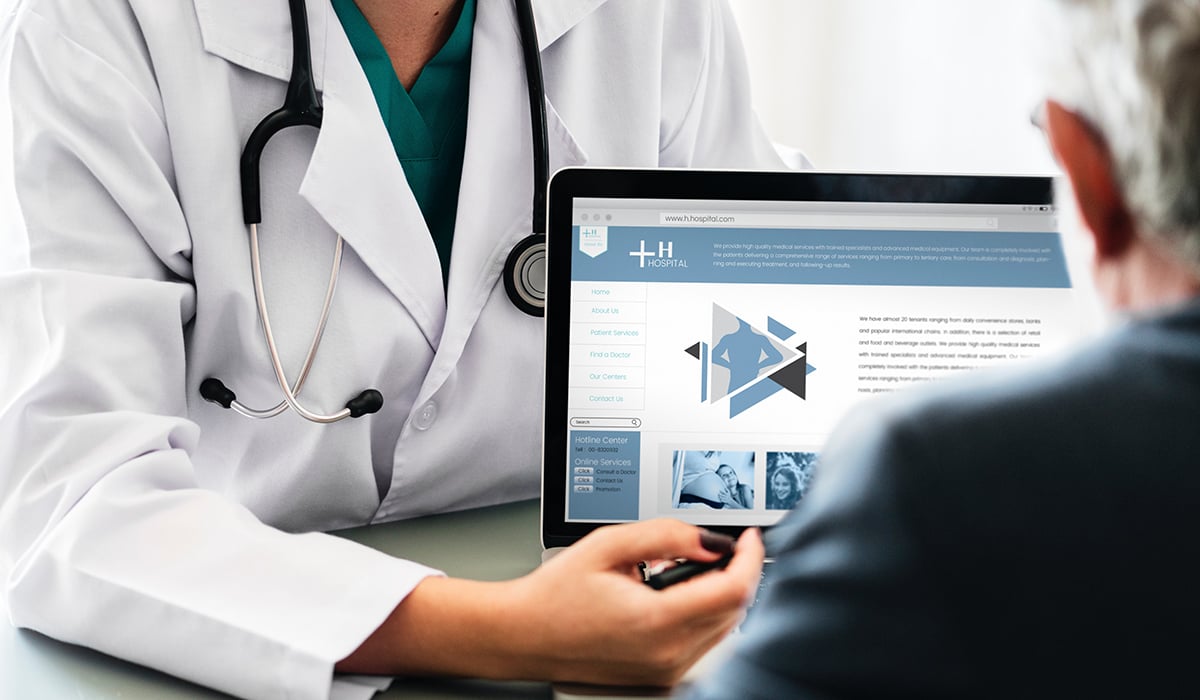
Can I become an egg donor again in the future?
Yes, you can become an egg donor again. However, to minimize the risk of egg donation, you can apply after more than three months after the previous donation. That is needed to help your body fully recover. Please mind that before doing that you should contact your personal fertility expert and make a medical examination.
How many times can a woman become an egg donor?
You can apply for an egg donation program periodically. You should take a 3-months break before the next program to make your body recover. There is only one golden rule – you can donate your eggs no more than 6 times to avoid any possible complications.
Are Risk of Egg Donation Worth It?
It is only up to you whether to go for egg donation or not. On the one hand, you can help someone to have a dream family and a healthy baby. Moreover, the money reward significantly compensates all possible inconveniences you could experience. On the other hand, it can have some obvious risks for your health. The only thing you should make for sure is to choose a reliable egg donor agency that provides full information and conducts the appropriate medical examination of all potential donors.
To sum up, we can ensure that all the procedures we at Sunshine carry are absolutely safe for your health. We value the reputation of our clinics and therefore are ready to state that your health is in safe hands. Staying informed means being safe and healthy. Don`t be shy, contact us and ask questions, we will be glad to help you!